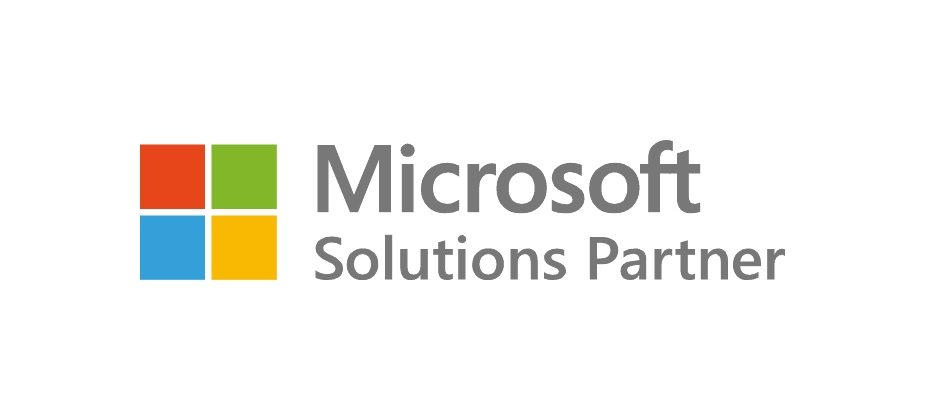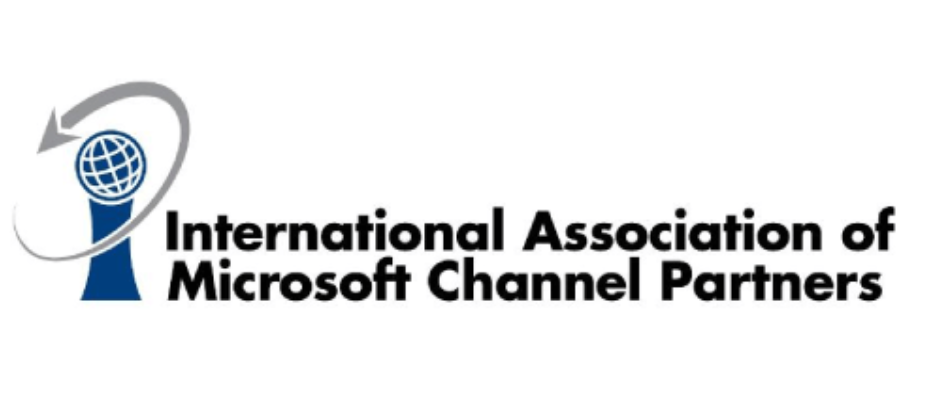TechnoKids
Techno Kids

Project Info
- Client: John Amanda
- Category: Business, Campaign
- Date: 6 June 20
- Website: Globex.com
- Location: New York
With technology seeing exponential growth in recent times, the education sector, too, has evolved to impart education to the future generation through computer programming. Many educational institutes are, thus, taking steps to introduce coding in education. It is with this aim that TechnoKids, a knowledge hub based in the UAE, approached us to transform its traditional classroom education into an online collaborative platform for teaching and learning. They provide high-quality education for students to cope up with the ever-growing demands for advanced e-learning app development. It has incessantly been providing appropriate and better educational innovations to K-12 schools and universities, making the best use of 21st-century technology and STEM skills such as robotics, artificial intelligence, coding, programming, innovation, 3D printing, multimedia, animation, blogging, digital citizenship, desktop publishing, spreadsheets, word processing, and many more. It is the most reputed e-learning service provider which has successfully created a comprehensive computer-based curriculum for students of all age groups and has raised the bar for online education. Its technological projects include engaging computer activities for children of all ages. TechnoKids helps students apply knowledge to analyze information, collaborate, solve problems, and make decisions.
Challenges:
TechnoKids wanted us to develop an agile e-learning app development platform to facilitate online education and blended learning experiences for students. Our primary work entailed developing entire printed learning modules into audio and visual materials. The entire interface needed to be redefined to make it look more attractive so that children remain hooked up with the subject matter. Through an analysis of the examination module, we found that traditional methods were still being used. As for instructors, separate tools needed to be built up so that they could make online assessments, report, collaborate and conduct online examinations.
TechnoKids' e-learning app development project was divided into four modules:
Module 1 : Super admin, which was responsible for handling multiple school administrationsModule 2 : School admin, responsible for only one specific school administration-
Module 3 : Teachers, responsible for assigning projects, online lectures, setting the quizzes and online question papers Module 4 : students, according to which they were able to attend online lectures, read online books, visit the online library, participate in online quizzes and exams and contact administration with queries and questions.
An ERP e-learning app development system was developed to systematically manage multiple schools and other activities from a single platform. Through this, administrators would get a bird’s eye view of the happenings in multiple branches be it fee expectations, student and teacher attendance, courses, defaulters, and much more. The entire platform is safe and secure and only admins can get access to crucial data through a password-generated process.
Second, it was important was to generate online content for the students to gain from the learning app. To make the content more engaging for the students, we decided to make the best use of digital media elements. Apart from the regular print text, audios and videos were accompanied along so that the students could see, hear and read the lesson. Multi-media channels were leveraged to the maximum so as to give concrete shape to abstract concepts. Social media elements and links were linked to external communities to keep the conversations on the subject going.
A student assessment platform was generated to reduce the manual labor involved in pen and paper assessments. A systematic approach was developed for the students to take tests and submit assignments. Teachers, too, benefitted from e-learning app development as they could get timely access to the data for evaluation. A special focus was put on teacher mentoring functionalities such as classroom management and instructional strategies content. An ESM system was developed to ease day-to-day activities for teachers. This would provide greater visibility into activities such as grading and attendance, and evaluation of reports, grading, and lesson planning among others. A barcode was generated to reconstruct the software database to make it accessible to the teacher to do the paper correction work. This led to the construction of online question papers with guaranteed access to the teachers and the school admin for rearrangement of question orders.
The barcode generated by the school admin featured all the teachers, different courses, and subject details. Barcodes were printed on the question paper, which led to the formation of a group-based database on teacher attendance, courses, and subject. With the help of barcodes, teachers could log in, check and evaluate the answer sheets according to the questions they had prepared for the examiners. The evaluated paper is then submitted, and the results can be verified by the students with an easy log-in process. As checking is a digital process, it required particular attention and resources. The option of making it more useful and speeding up the process made it necessary to develop an “ANSWER SHEET MOBILE EVALUATION MODULE” in our e-learning app development platform. This would create a more capable staff system for correcting the papers without any extra resources. This module could only be accessed by the teachers to evaluate specific questions answered by the students. They can quickly log in, view the papers, review, and submit them to be stored in a database for further student performance analysis.
Solution:
Csharptek created solutions for every problem and delivered a flawless product. We used the following technology for providing the e-learning app development project to TechnokIds on time:
Barcoding system streamlined processes from doing everything manually to creating virtual screens. Also, it also provided the students with a perfect platform to prepare for exams with ease.
OCR Processing: A recognition scanning system was designed to get an overview of student information such as their name, roll number, class details etc. with their unique handwriting in the answer sheet. It was sent to a scripting language string to assure the barcode, and the text was with the same person.
FEATURES OF E-LEARNING APP DEVELOPMENT
Better communication was established between the school admin and the teachers as well as between the teachers and the students. Being web-based, school admins could access data anytime, anywhere.
The website design was simple and easy to use which led to an increase in enrollment of students for e-learning modules.
Teachers could save hours of work by automating repeat tasks generating timetables, maintaining attendance etc.
Learn, connect and see how Csharptek is helping some
of the largest companies drive innovation

Azure Migration

Insurance Web App

Industrial Equipment

Ecommerce

Information Security & Automation

Cloud Infrastructure

Ecommerce Mobile App

Intellectual Property CRM

Packaging & Logistics

Developing IT Business
We'd love to hear from you





